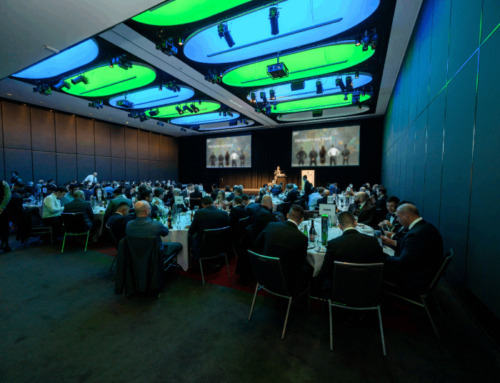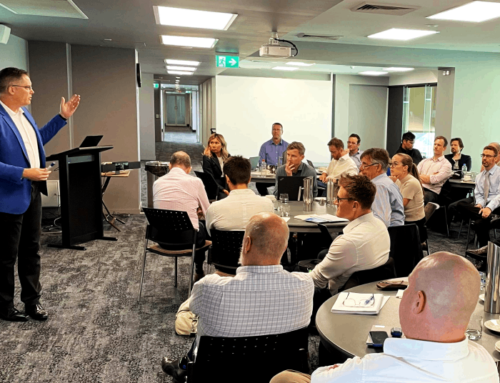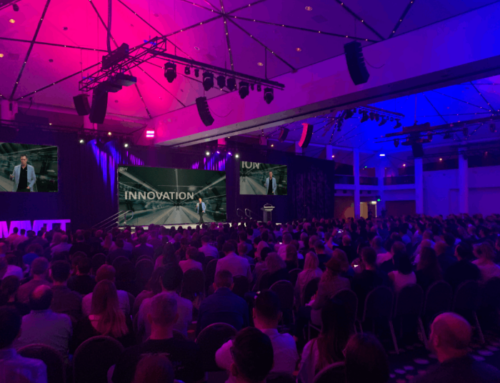A Faster Future: the New Speed of Change
Since humans descended from the trees and began the initially slow meandering journey of societal development the pace has been picking up. For the first 190,000 years the pace increased slowly, so slowly nobody noticed but of late it’s impossible not to be aware of the new speed of change.
Air travel took 68 years to reach 50 million users, PCs took 14 years and Facebook 2 years, WeChat took 1 year and Pokemon Go 19 days. It would be unwise to suggest Pokemon Go is the new norm but it is an illustration of what can happen in the hyper-connected world. The network effects which draw users forward with ever greater ferocity are seen in everything from adoption curves to startup valuations, from crypto-currency to CRISPR gene-editing. We see it in ever faster setting of records for fastest company to “unicorn” status ($1 billion +) falling three times in 2018/2019.
Innovation and network effects are unlocking a pace of change hitherto impossible. The world’s largest taxi company owns no cars, the largest accommodation company – no accommodation and the largest commerce company reached that status with no stores.
The advent of AI is accelerating the rate of change yet further, with startups using AI for everything from beating world champions at E-sports to determining which plants will work well together to taste like burger or egg.
The pace of change is beautifully illustrated by the biotechnology industry. Stem-cell based meats were produced for the first time ever in 2013 with the burger costing over $300,000 USD. Since then, the price has consistently decreased – halving every 18 months. Products which were $10,000 two years ago are now $1,000 and we are fast approaching a time in which meat grown in a lab has comparable cost to that grown with animals – the societal implications of which are only starting to be contemplated.
As we see some change curve slow others remain strong and the change new sectors is just starting to ramp up. All of these compound on each other’s gains to the point where it is futile to question the limit of what might be possible.
Further, quantum computing threatens to change the very paradigm of computation. Capable of performing simultaneous computations, quantum computers can – given enough inputs and resources – search an entire national database for a fingerprint instantaneously, try every possible password for a given login simultaneously or simulate every possible chess move from a given situation and the downstream implications thereof at once.
As our society hurtles down the ever-steepening slope of exponential innovation, our tiny individualized perspectives mean we are able to fool ourselves into thinking change is linear. Under this paradigm, technology is not the limiting factor of change – humans are. Business has had the tagline “the only constant is change” for decades. There comes a point at which people are capable of implementing no more new ideas, processes or practices any more quickly and the evidence is pointing to that truncation starting to take hold. In the information hyper-saturated world, people make snap decisions with their emotional brain regarding the relevance of a piece of content – a necessary process for functioning in a world in which the average person sees 10,000 adverts per day.
This process however undermines our ability to adopt change at the rate we need to in order to keep up with the technological upheaval taking place. It is human beings who form the bottleneck of innovation as it applies to the mainstream.
Continuing to exist, work and operate the way we have up to this point requires us to be who we already are and work they way we have been. The world in which we were able to cope through the use of those skills ceased to exist hours ago. The only skill that matters now is our adaptability.
Professionals are thus forced to adapt to the changing world, constantly having to adapt to a new set of rules, a new style, new markets and pressures… a new status quo. It will be the businesses who are able to control and endorse change in their hyper-exponential worlds, deliver their professionals the skills they need, when they need it, who will come out on top in the next generation of technological revolution.




